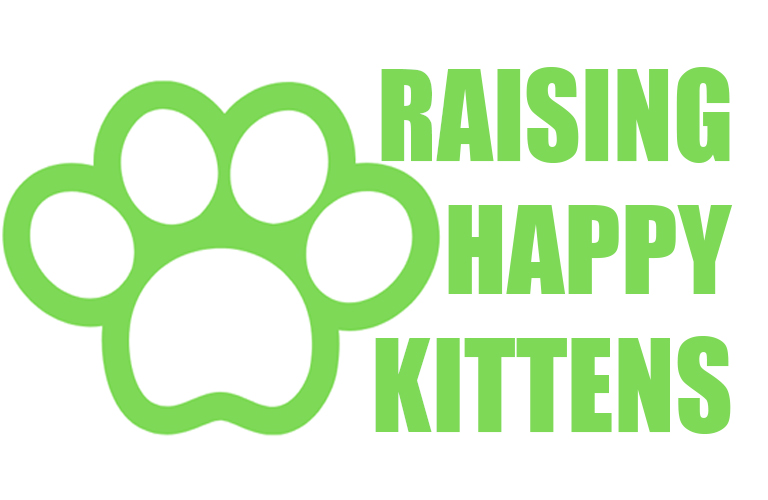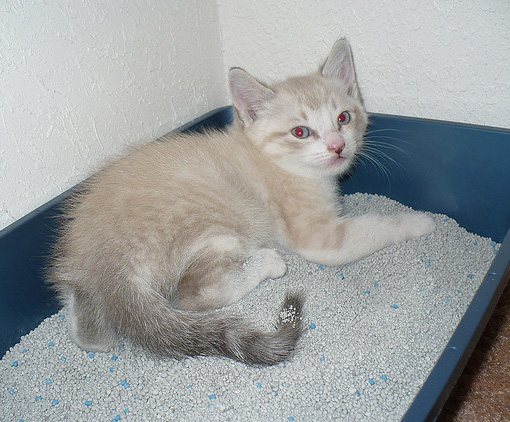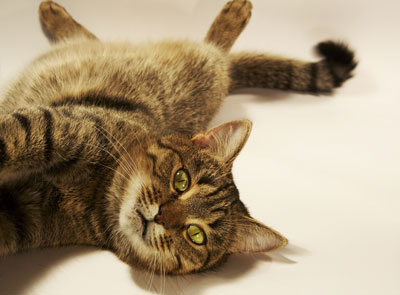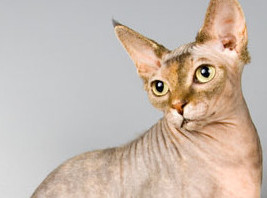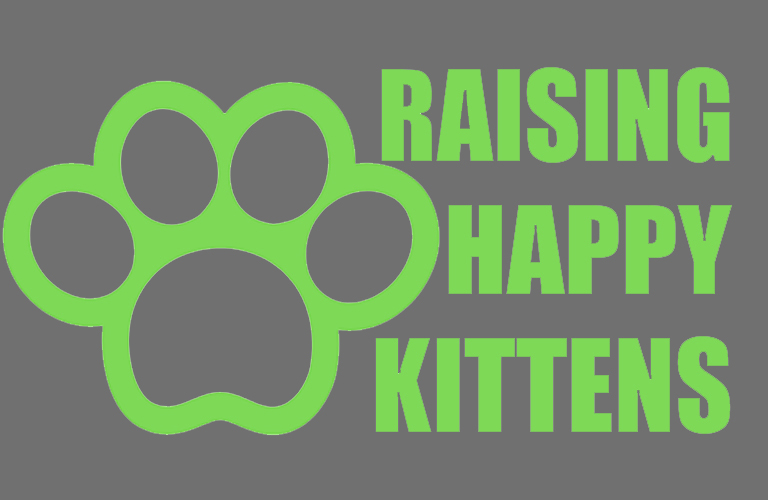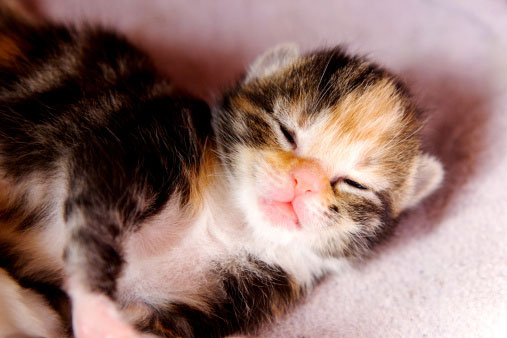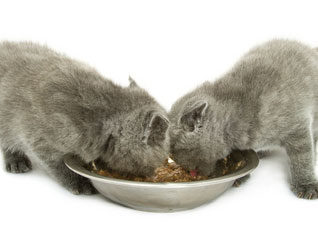Much like people, a cat can go through emotional and behavioral changes in response to cat depression.
For something traumatic, such as losing the companionship of a feline or human family member, the mourning can be just heartbreaking.
Other times, you may be unaware of why your cat is depressed. Cats are very emotionally-sensitive animals, and even a minor change to their lives can upset their emotional balance and cause cat depression.
If there has been a change to her environment, she may become unsettled. Something that would seem ordinary to us, such as redecorating a room with new furniture can be enough to upset your feline, even if temporarily.
Signs and Symptoms of Cat Depression
The following are some symptoms to look out for, so you can help her through it.
Lack of Enthusiasm If your normally active cat loses interest in playing for extended periods of time, this could be a sign he is depressed. It is very important that if you notice lethargy, you must make sure you rule out any underlying illnesses by taking him to the vet.
Vocalization If she changes her vocalization behavior, it could be an indication of cat depression. Quiet cats may begin to yowl in despairing, deep tones, or if she’s normally chatty she may cease or reduce her “talking” habits with you.
Appetite Some cats going through a depression may develop coping mechanisms with food, either eating less or more than normal.
If he begins over- or under-eating, take him to the vet to rule out illness and get treatment, if recommended.
Body Language An upset cat may carry himself differently–ears laid back, tail down, whiskers drooping. Again, it is important to rule out an underlying illness with your vet if you see any unusual physical symptoms.
Personality Changes Another symptom of cat depression is a change in his personality. If he is normally affectionate, he may be more withdrawn and aloof. If he is more independent by nature, he may change to become more clingy and needy.
Sleeping Your cat may sleep even more than normal during a cat depression. She may also find a secluded and very private place to spend her time.
If she normally will plop down in the middle of your floor without a care of being stepped on during her nap, then this aloofness could be a sign of an emotional problem or illness.
(If she’s not spayed, you will also want to rule out pregnancy.)
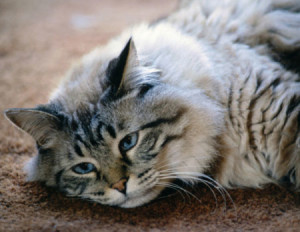 Grooming Habits Your sad cat may lose interest in keeping himself clean. If he doesn’t groom himself, his coat will look dull and flaky, and loose fur will build up on his coat.
Grooming Habits Your sad cat may lose interest in keeping himself clean. If he doesn’t groom himself, his coat will look dull and flaky, and loose fur will build up on his coat.
You can help him with this by wiping him down with a slightly damp cloth.
Behavior Problems He may begin demonstrating anxiety and aggression. If he becomes aggressive out of the blue, not only is this bad for your him, but behavior problems will affect your entire household.
Read this page on biting behaviors for extra help.
If depressed, his behavior can also become less predictable. He may be moody, clinging around your legs one minute and clawing at you the next.
Scenting One of the most annoying and destructive consequences of cat depression or stress is spraying. This isn’t urinating, this is scent-marking and it’s usually a reaction to feeling insecure or anxious.
This is especially telling if your male cat never used to spray. It’s not always related to cat depression, but even moderate anxiety can start this behavior.
Missing the Litter Box Another frustrating development, but once again a symptom that may have a serious medical reason. Getting him checked out by the vet is important to rule out kidney or bowel issues.
Get More Help For Cat Depression
The most important thing for helping him through a sad period (besides showing lots of patience and love!) is to stop the behavior issues.
It is also important to remove the source of anxiety from your cat’s surroundings, if possible.
If you don’t know what caused the behavior change, then at the least try to avoid making any drastic changes to her environment.
If behaviors don’t improve, your vet can prescribe a range of anti-anxiety remedies for your furry friend, ranging from mild flower essence oils to more aggressive Prozac-type treatments.
Only you and your vet can decide what treatment is best in this situation.
